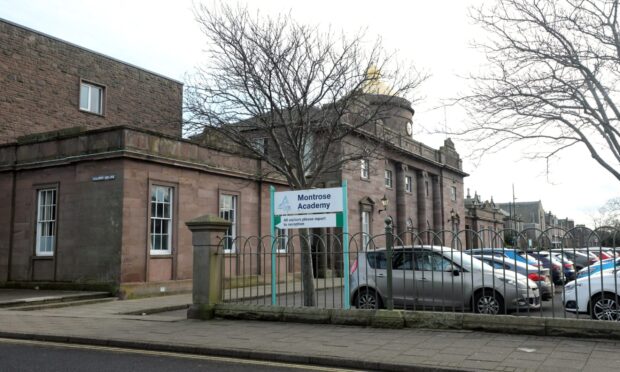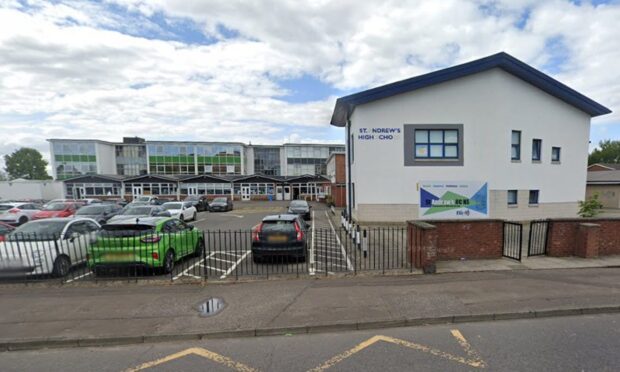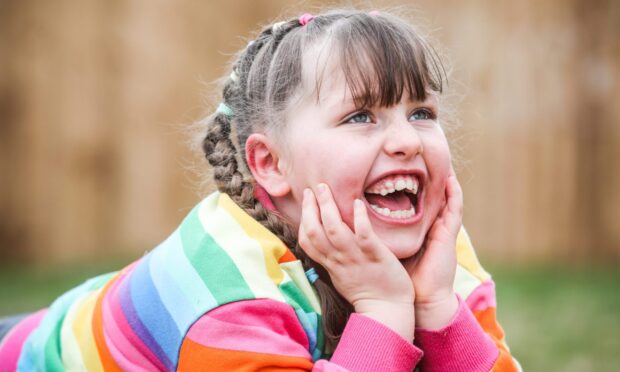Dundee councillors are to be updated on the progress of efforts to protect vulnerable children and families across the city during the pandemic.
At a meeting of the city council’s children and families services committee, the annual report on the service’s improvement plan will be presented, outlining the success and challenges of meeting these aims during the Covid-19 outbreak.
The plan was originally developed in 2018 and outlines eight key areas to be targeted in an effort to improve the outcomes of young people.
These include supporting vulnerable groups, addressing inequalities and narrowing the attainment gap.
At next week’s meeting, councillors will hear that in the period between March 30 and August 4, a total of 515 children attended one of the seven early years community support centres that were opened across the city.
This plan is part of a sustained effort which is designed to improve life chances for all, and I am pleased to see the progress that is being made in many areas across our schools and social services.”
Committee convener, Stewart Hunter
The report reads: “Over this period, nursery staff proactively contacted those families considered to be vulnerable or in need of support and achieved weekly communication with on average 70% of the identified families over this period.
“There is confidence that virtually 100% of all children classified as most vulnerable were seen weekly.”
For pupils engaged with home and blended learning, resources were provided through a centralised Microsoft Team for all teachers in Dundee.
It was also detailed how the lockdown period strengthened integrated partnership working, such as with the NHS and the children service’s approach to vulnerable children.
This includes improvements in the resources aimed at helping those with anxiety and mental health needs.
The report states: “Targeted interventions designed in collaboration with the voluntary sector and NHS Tayside are leading to improvements in attainment, engagement and participation for young people with anxiety and mental health needs.
“Mental health and wellbeing pathways now have greater clarity through the emotional health and wellbeing strategy in the TRIC (Tayside Regional Improvement Collaborative), which includes a collaborative approach to counselling in schools.
“The provision for eligible children over 10 years old will be in place from November 2020.”
The report also detailed the successes that have been achieved in learning and attainment – noting a four-year positive trend of the percentage of primary pupils achieving their expected Curriculum for Excellence level in both literacy and numeracy.
Also highlighted is the six-year trend of general improvement in senior phase attainment including five or more qualifications at SCQF levels five and six.
“We cannot be complacent”
Speaking ahead of the committee meeting, convener councillor Stewart Hunter said: “Our education and social work staff in the children and families service have shown tremendous commitment to maintain the delivery of support for families during this time of crisis.
“This plan is part of a sustained effort which is designed to improve life chances for all, and I am pleased to see the progress that is being made in many areas across our schools and social services.
“However, we cannot be complacent and the plan shows how we will take forward actions to reduce inequalities.
“This has been a tough time for everyone, but especially for those children and families who have so little.
“We owe it to them to give them a brighter future.”










